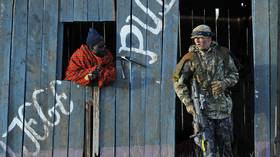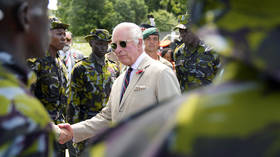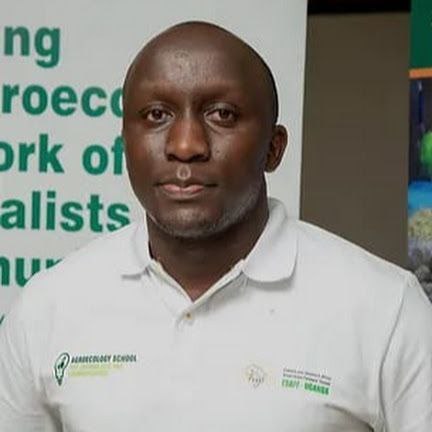There is a country where the British army has retained impunity for years. Soldiers use it to escape their crimes

In March 2012, Agnes Wanjiru, a Kenyan woman who was 21 at the time, was found murdered moments after she had been spotted in the company of British soldiers in Nanyuki town, 125 miles north of Kenya’s capital, Nairobi.
Wanjiru’s body was discovered in a hotel’s septic tank. Soldiers from the British Army Training Unit Kenya (BATUK), which hosts up to six British infantry battalions for training each year, were blamed for the death.
However, despite Kenyan and UK authorities linking a British soldier to the murder, no prosecution has ever taken place over a decade later.
“Authorities saw no urgency in addressing the matter"
In August 2023, Kenya’s parliamentary Defense, Intelligence and Foreign Relations Committee officially launched an inquiry into BATUK activities.
The inquiry was to look into human rights violations by British soldiers, including the murder of Agnes Wanjiru in 2012 and the Lolldaiga community conservancy fire incident in 2015, which happened amid BATUK activities in the area.
The committee has since been collecting views from residents, victims, the government and community leaders. Two years into its investigation, the committee has received submissions from the Inspector General of Police, the Ministry of Defense, the Human Rights Commission, and the Anti-Corruption Commission. Members of the public from Isiolo, Samburu, and Laikipia, regions where BATUK soldiers operate, also shared their views.
Committee chair Nelson Koech told RT that “the parliamentary inquiry findings will provide answers to many concerns raised by residents and other stakeholders about BATUK’s activities in Kenya.”
At the end of its investigation, the committee will submit a report with recommendations and present it to parliament for debate. However, members of parliament have the choice of adopting or rejecting any committee report.
Christine Nanjala, a constitutional and parliamentary affairs expert at Katiba Institute, believes that the parliamentary probe has taken long because “the BATUK issue did not raise public interest as it should."
“It was a public debate following the death of Agnes, and the public anger was short-lived. Things went back to normal, and authorities, including parliament, saw no urgency in addressing the matter," Nanjala said.
Nanjala noted that there is no guarantee that the recommendations the committee comes up with will be implemented. “This is a probe that would have been completed in six months had members of parliament sitting on the committee been intentional,” she told RT.
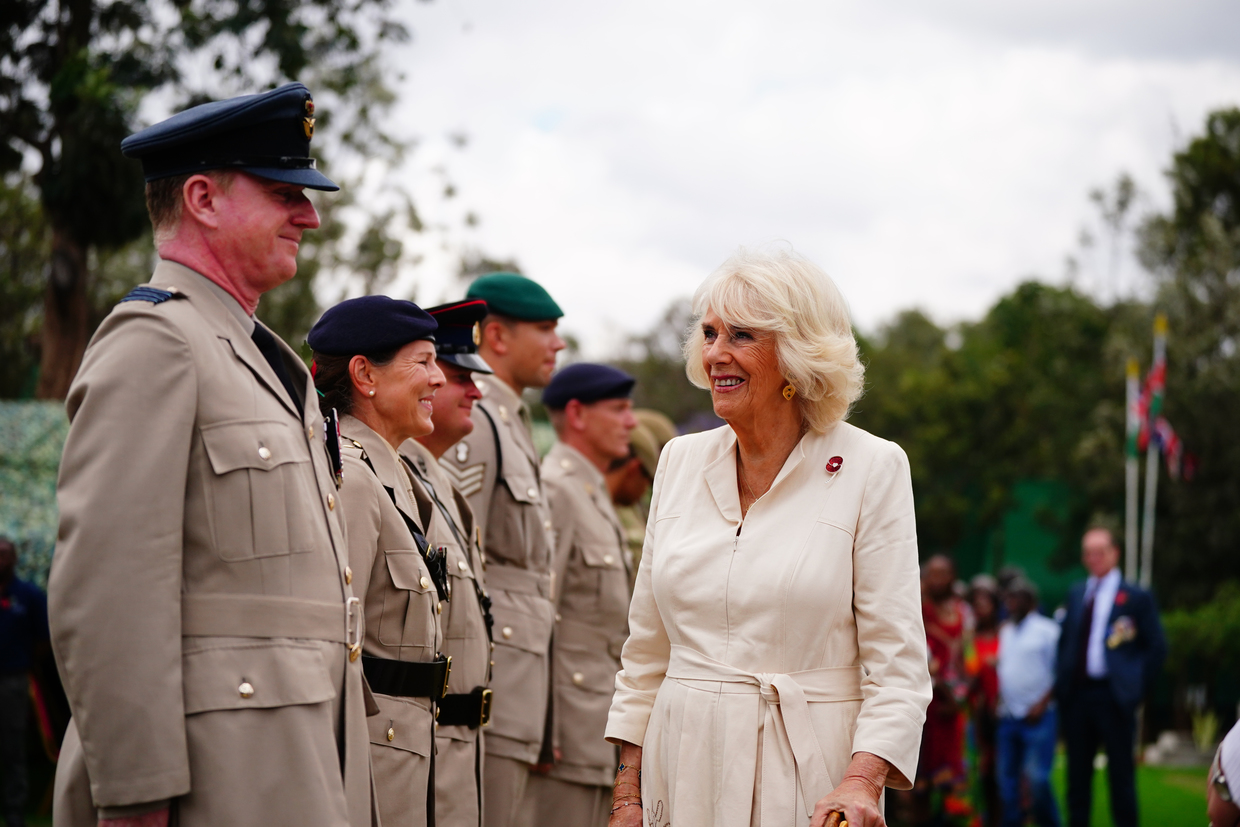
“They have never been on our side from the start”
Wanjiru’s family felt closer to justice in April 2025, when UK Defence Secretary John Healey visited them and pledged full support for the investigation.
In the same month of Healey’s visit, Kenya’s Director of Public Prosecutions confirmed receiving Wanjiru’s murder file from police and appointed senior prosecutors to review it.
However, Wanjiru’s uncle, Joseph Muchiri, told RT that both Kenya and the UK have failed in their duty of delivering justice to the family.
“They have never been on our side from the start,” Muchiri said.
Muchiri further stated that they have little faith in the investigations being conducted by Kenya’s parliament.
“The best parliament can do is to write a report recommending prosecution or compensation. It will be up to the two governments to act on such a report, which I doubt they will," he noted.
Mbiyu Kamau, a lawyer representing Wanjiru’s family, has been contesting the British Army’s argument that its soldiers cannot be prosecuted in Kenya for the murder. Kamau argues that Kenyan courts have jurisdiction over the matter since the crime was committed on Kenyan soil.
The BATUK requested that the Kenyan High Court dismiss the lawsuit filed by Wanjiru’s family in November 2023, arguing that the tribunal lacks jurisdiction over any case involving a UK Army unit in the country.
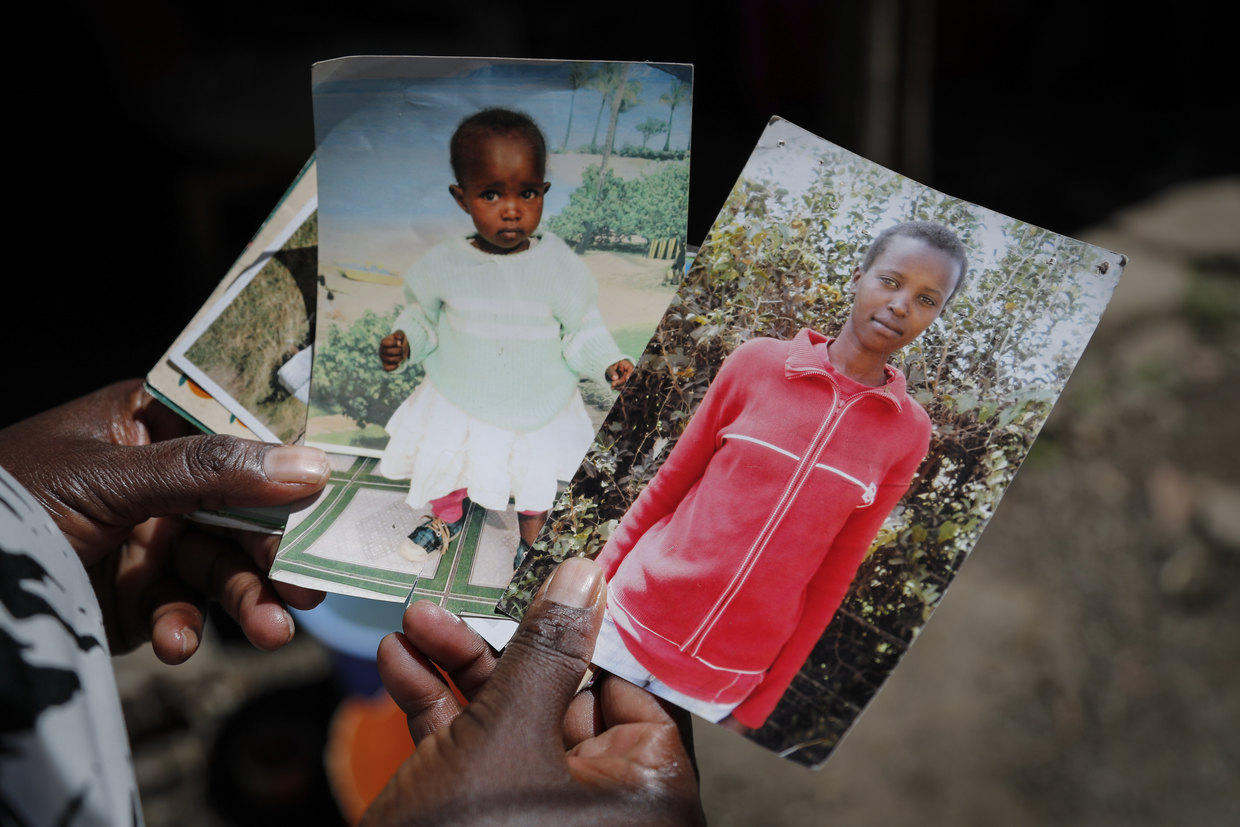
“Intimidation and frustrations”
Soldiers operating under BATUK have long been accused of human rights violations by locals and human rights groups. Cases of torture, rape, assault and murder are among the violations the soldiers are accused of committing.
In 2015, a fire at the Lolldaiga Conservancy, allegedly started by British troops, destroyed thousands of acres of pasture land (there were similar fires in 2017, 2019, 2021, and 2022). In other cases, local women accused soldiers of sexual assault.
The Kenya National Commission on Human Rights (KNCHR) says investigating such violations is fraught with intimidation.
In its report to parliament, the KNCHR stated that investigations into the reported rights violations are often frustrated by both Kenyan and UK authorities. In the report, KNHCR documented cases of reported killings, alleged sexual violence and exploitation, arbitrary arrests, environmental degradation, and infringement on community land.
KNHCR also told parliament that it had received complaints about “the intimidation of human rights defenders who follow up on alleged violations by the BATUK, including arbitrary arrests to deter them from pursuing justice for the victims.”
Furthermore, the commission reported to members of parliament about the lack of accountability and access to justice in the BATUK cases, citing a lack of redress and inadequate reparations for victims. KNCHR said some victims had given up on pursuing justice due to the expensive and time-consuming court process.
KNCHR commissioner Marion Mutugi told RT that investigating human rights violations against British soldiers has never been easy.
“Investigating and documenting these cases attracts a lot of intimidation and frustrations, and threats. We have cases of witnesses being threatened against giving evidence of human rights violations, and this makes it hard for victims to get justice,” said Mutugi.
She added, “Both the Kenyan and UK governments have never shown serious commitment to investigating crimes committed by BATUK soldiers.”
In June 2025, a British soldier was arrested for allegedly raping a woman inside a bar in Nanyuki town. He was later taken back to the UK.
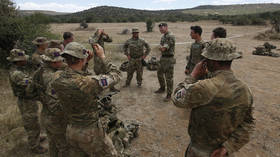
Hope ahead?
On August 3, 2025, a court in the UK delivered a landmark ruling when it ordered the release of the names, contacts, and last known addresses of 11 British soldiers alleged to have fathered and abandoned children in Kenya.
In 2024, Kenyan lawyer Kelvin Kubai, in collaboration with a British law firm, filed a case in a UK court on behalf of 10 biracial children, seeking to compel the British Army to reveal the identities of the soldiers who fathered them.
Kubai told RT that the court ruling provides a golden opportunity for Kenyan and UK authorities to conclusively address the plight of children fathered and abandoned by British soldiers.
“This ruling provides hope to hundreds of other children and women who feel their human rights have been violated as a result of British soldiers’ activities in Kenya,” said Kubai.
Kubai believes the ruling will likely open a floodgate of cases from hundreds of other victims with claims of human rights violations by BATUK soldiers.
“Many undocumented victims will get the courage to come out and fight for justice,” he argued.
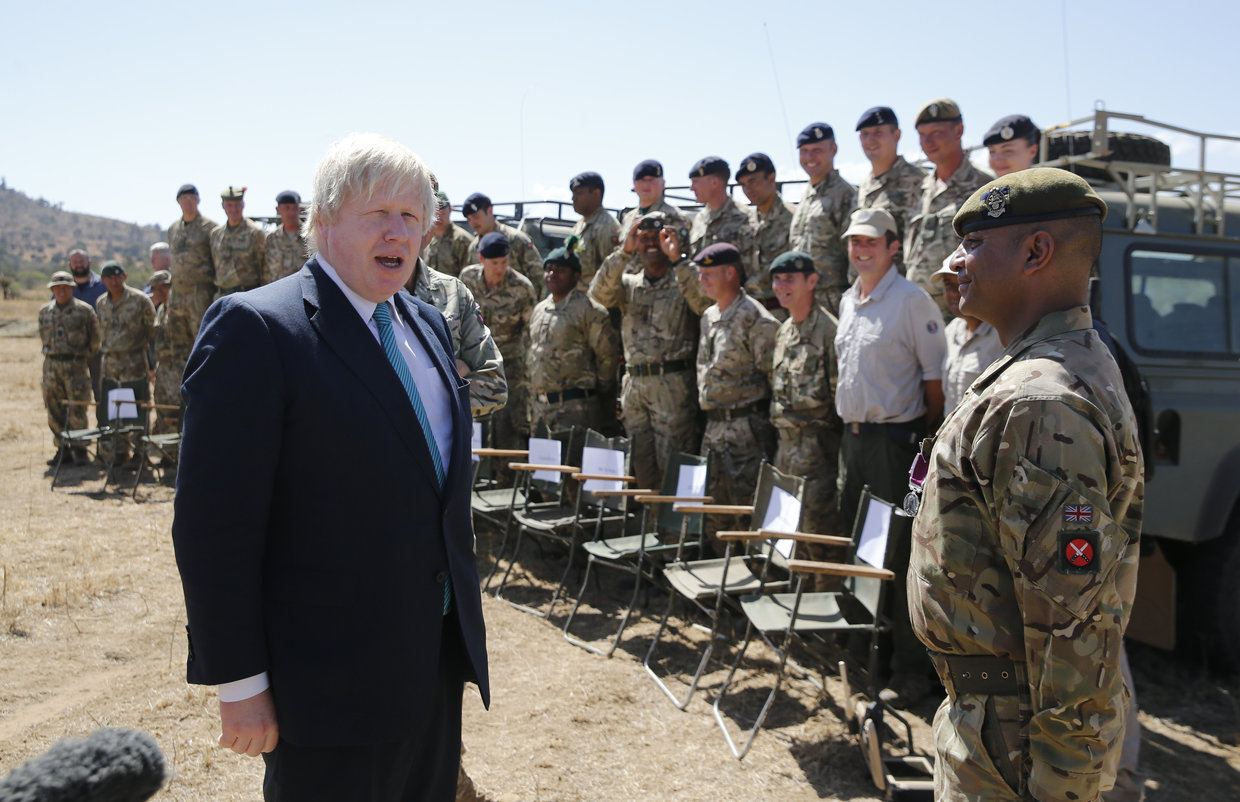
Renewed pact
The defense agreement between Britain and Kenya was reviewed in 2021, introducing a provision that allows British soldiers accused of violations to be sued in Kenyan courts. However, still no British soldier has ever been sued in a Kenyan court in relation to BATUK activities.
A recent investigation by the British Army found that some UK soldiers stationed at the BATUK base continue to engage the services of sex workers despite being banned from doing so.
The report said that soldiers at the British Army Training Unit Kenya used sex workers “at a low or moderate” rate and called for more work to stamp out the practice. The investigation, which was commissioned in October 2024, covered a period of more than two years, dating back to 2022.
Kubai argues that only the closure of Wanjiru’s case can show the UK’s commitment towards not only holding its soldiers accountable for their actions but also safeguarding human rights.
“Prosecution of the soldier behind the death of Wanjiru will provide some level of healing to hundreds of other victims who are dying in silence," he concluded.
